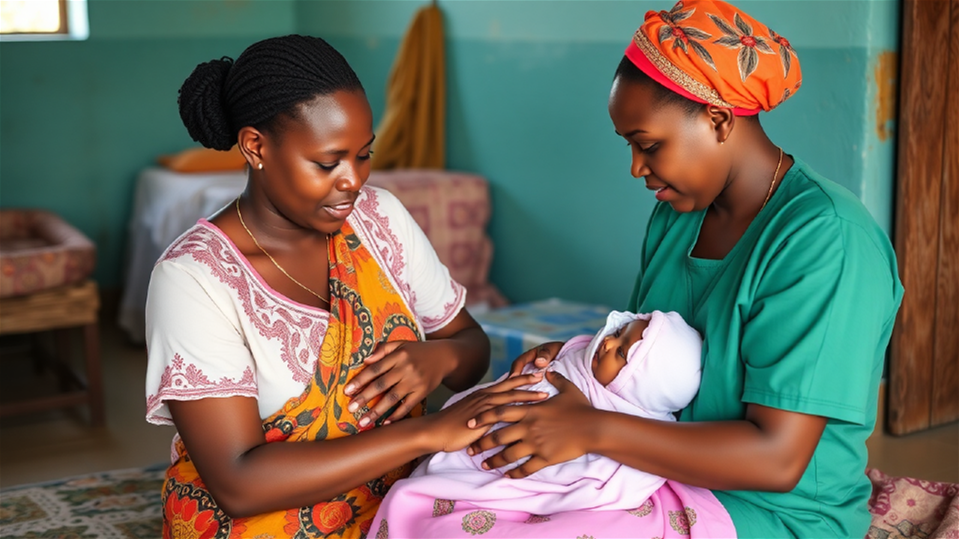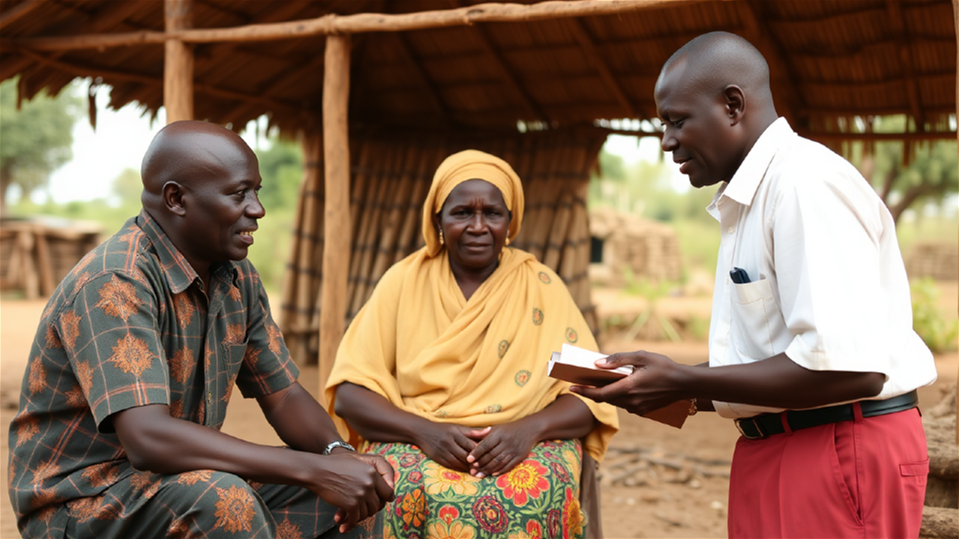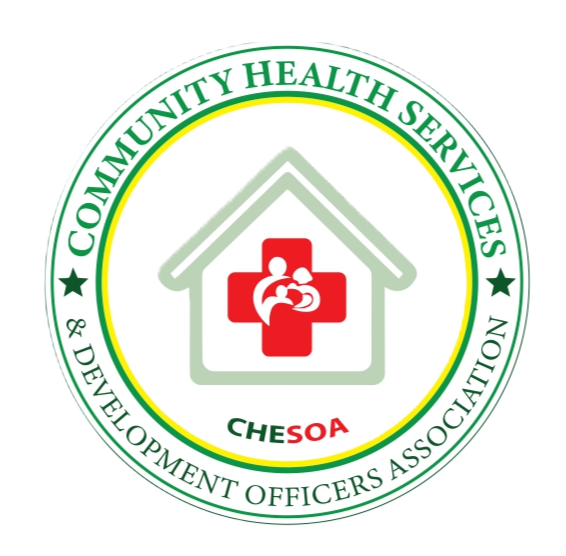Submit Your Research and Innovations
Theme
“Reimagining Community Health Practice: Innovations, Partnerships, and Equity Towards Achieving Universal Health Coverage.”
Date: 26th – 28th November, 2025
Venue: Acacia Premier Hotel, Kisumu, Kenya
Abstract Submission Guideline
Format of the Abstract
Start by reviewing the theme of the conference and select a sub-theme (see sub-theme section below) that aligns with your abstract. Your abstract should include:
- Title (maximum 20 words)
- Background – Brief context/rationale
- Objective – Purpose of the study or intervention
- Methodology – Research or implementation approach
- Results – Summary of key findings
- Conclusion/Recommendations
- Implications or next steps
Formatting Guideline
Language: English
Word count: 250–300 words
Font: Arial or Times New Roman, 12 pt
Line spacing: 1.5
Accepted formats: .doc, .docx or PDF
How to Submit
- Review the themes and sub-themes of the conference.
- Check the format of the abstract and the formatting guideline.
- Save you abstract in .doc, .docx., .pdf
- Upload the abstract by clicking on the ‘Submit Your Abstract’ button below.
Deadline

Late submissions will not be considered.
Conference Sub-Themes

#1: Community Health Systems Strengthening
Strong governance and robust policy frameworks are critical for sustainable community health. This track will explore global, national, and local strategies, innovative financing models, and lessons learned in implementing the Community Health Strategy.
1.1 Governance and policy frameworks
1.2 Community health strategy implementation
1.3 Community health financing strategies
1.4 Community commodity management
1.5 Quality Improvement

#2: Community Health Workforce Development
A skilled, motivated, and inclusive community health workforce is key to achieving UHC. This track focuses on building capacity, ensuring gender and youth inclusion, and addressing challenges in recruitment, supervision, motivation and retention.
2.1 Capacity building for Community Health workforce
2.2 Recruitment, supervision, motivation and retention strategies
2.3 Gender and youth inclusion in community health workforce

#3: Digital Health in Community Settings
Digital technologies are transforming health service delivery and decision-making. This track highlights emerging tools like mHealth, eHealth, eCHIS and artificial intelligence that enhance community health services.
3.1 mHealth and eHealth for community health
3.2 Data use for decision-making at the community level
3.3 Artificial Intelligence and emerging technology in CHS

#4: Primary Health Care Integration
Linking community health services to primary health care (PHC) systems is critical for equitable and quality care. This track will examine models of integration and community-led approaches that advance UHC.
4.1 Linking community health to PHC systems
4.2 Community Led Approaches
4.3 Models of integrated care delivery (RMNCAH, Nutrition, NCDs, Mental Health, WASH etc.)

#5: Community Engagement and Social Accountability
Empowering communities to participate in health planning and monitoring promotes equity and accountability. This track focuses on citizen voice, community scorecards, and participatory approaches.
5.1 Community-led monitoring and scorecards
5.2 Participatory approaches and health equity

#6 Climate Change and One Health Approaches
Climate change affects health systems, disease patterns, and community resilience. This track explores adaptation strategies and the interconnectedness of human, animal, and environmental health.
6.1 Adaptation strategies for climate resilient health Systems
6.2 Climate change impacts on health
6.3 Operationalizing One Health at the community level
6.4 Community-led environmental health initiatives

Conference Sessions
Conference Sessions will include:
• Keynote Addresses
• Panel Discussions
• Oral and Poster research presentations.
• Expo Booths for session organizers and sponsors.
• Workshops & Symposia
Key Audiences
The conference invites participation from:
Community health workforce and healthcare providers
Policymakers and government officials
Researchers and academic institutions
Civil society organizations and international agencies
Students and innovators
Private sector
Areas of Engagement
Steering Committee and Sub-Committee Participation
Thought Leadership and Technical Support
Digital and Software Support
Partnerships and Sponsorship Opportunities
